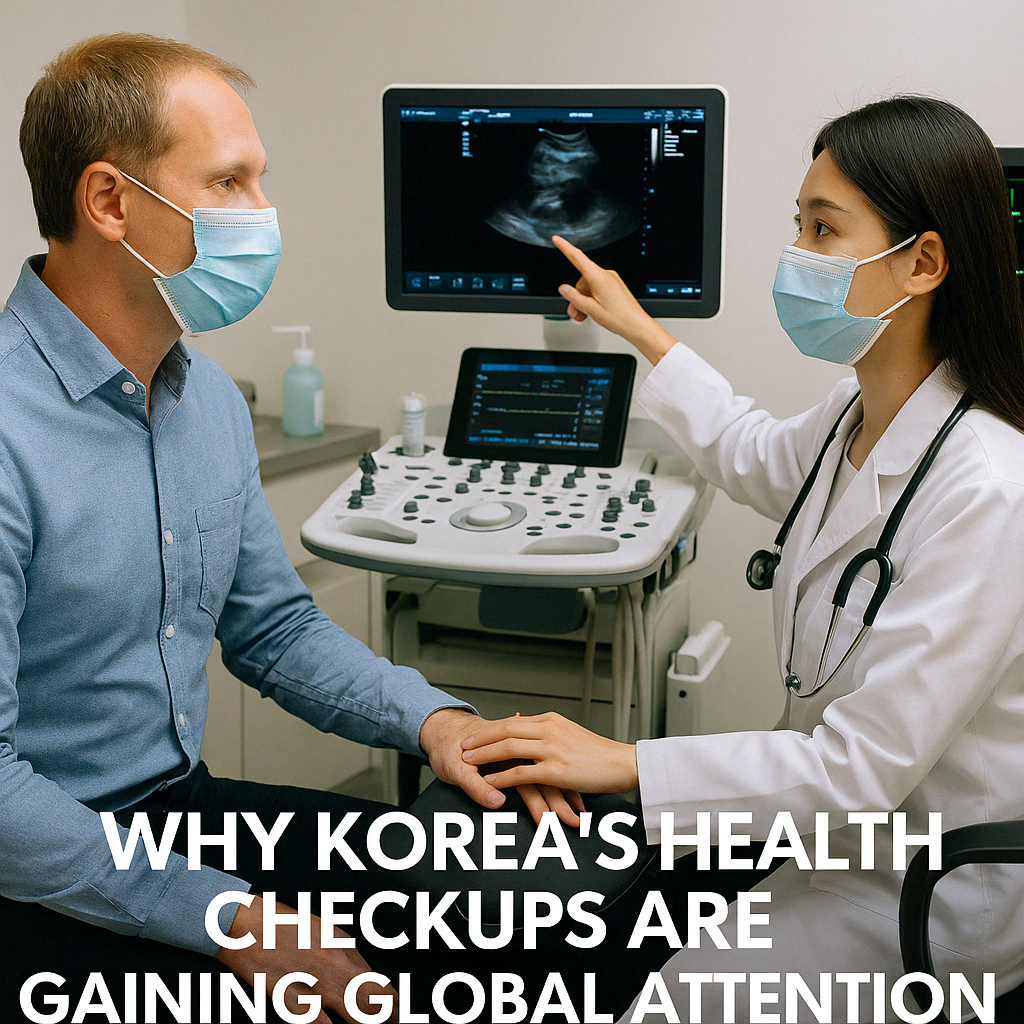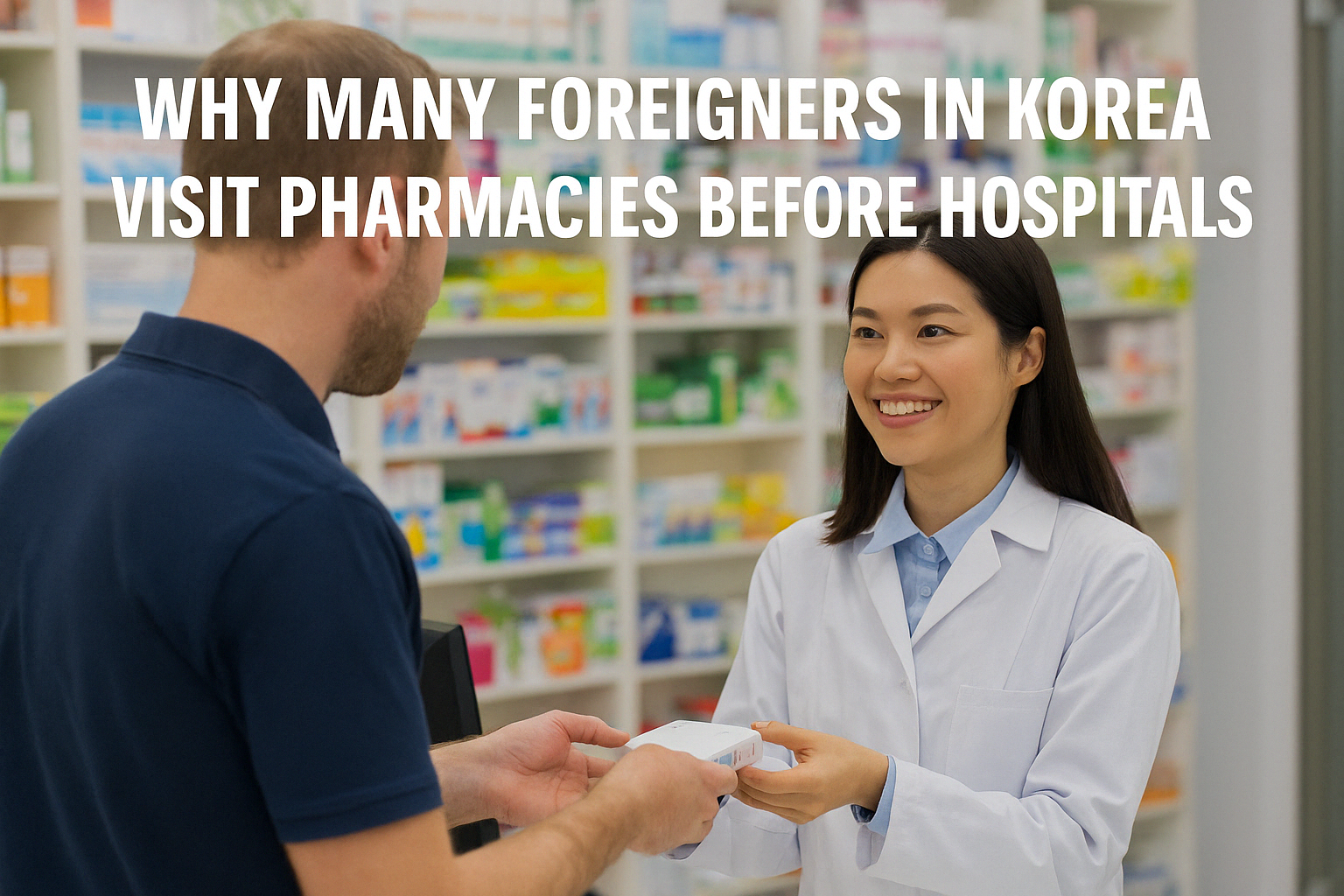In recent years, Korea’s health checkup system has drawn global praise for its speed, precision, and affordability. Whether you’re a resident or a medical traveler, understanding why Korea’s preventive healthcare is so highly regarded can help you make smart choices about your health.
1. Speed and Efficiency
Korea offers same-day or one-day full checkup programs that include:
- Blood tests
- X-rays
- Ultrasound
- EKGs
- Cancer screenings
- Vision, hearing, and digestive system tests
Most results are available within a few hours to 2 days.
Compared to countries like the U.S., where multiple appointments and delays are common, Korea provides a streamlined, all-in-one experience.
2. Affordable, High-Value Packages
In Korea, you can access premium checkup packages at a fraction of the cost found in Western countries.
Example:
- Full-body checkup in Korea: $200–$600 USD
- Similar package in the U.S.: $2,000+ USD
Even more advanced programs (e.g., brain MRI, CT scans) are offered at accessible prices for foreigners.
3. Advanced Medical Technology
Korean hospitals use world-class imaging and diagnostic systems, often newer than those found in major Western facilities.
Private hospitals that offer checkups to foreigners tend to invest heavily in latest-generation tech and digital recordkeeping.
Most tests are done in the same facility, sometimes in the same room.
4. Foreigner-Friendly Services
Many hospitals offer:
- English-speaking coordinators and doctors
- English reports
- Online reservation platforms with English interfaces
Some centers even have designated international patient departments that specialize in guiding foreigners through every step.
5. Medical Tourism and Health Travel
Korea’s health checkup infrastructure has become a draw for medical tourists, especially from the U.S., Middle East, and Southeast Asia.
Many travelers combine routine checkups with beauty or dental treatments.
Health + wellness travel is now a growing trend, and Korea is leading the way in Asia.
Final Thoughts
Korea’s health checkup system is not just efficient—it’s globally competitive.
If you’re living in Korea or planning a medical trip, taking advantage of these world-class services can help you detect issues early, save money, and protect your long-term well-being.

